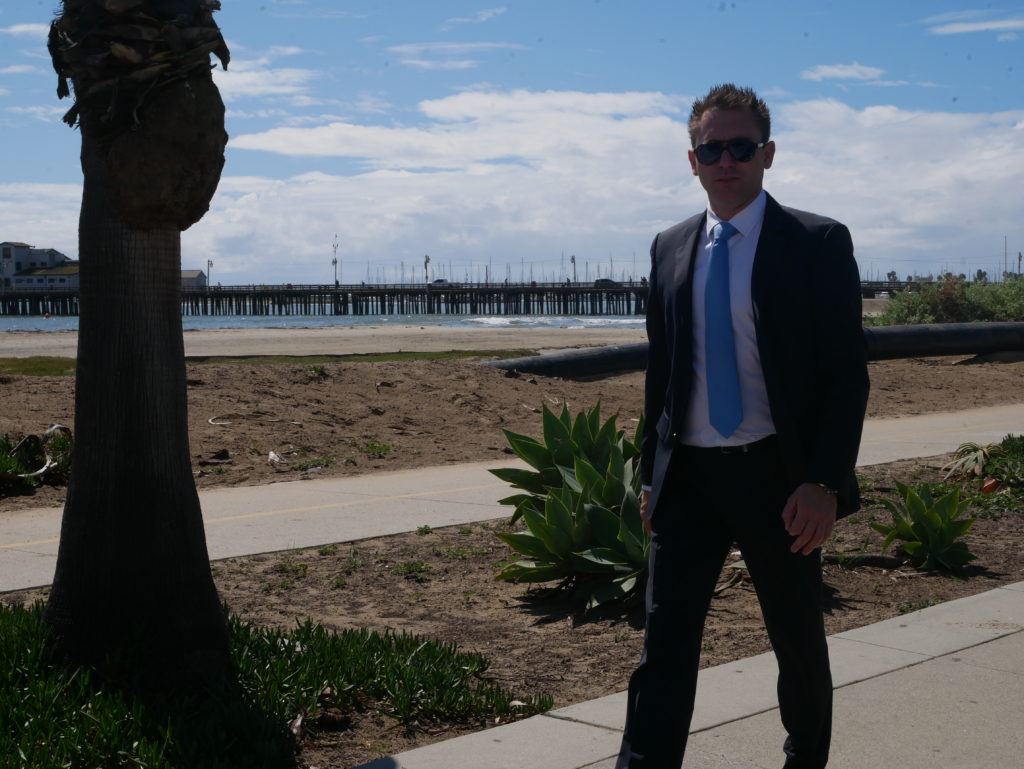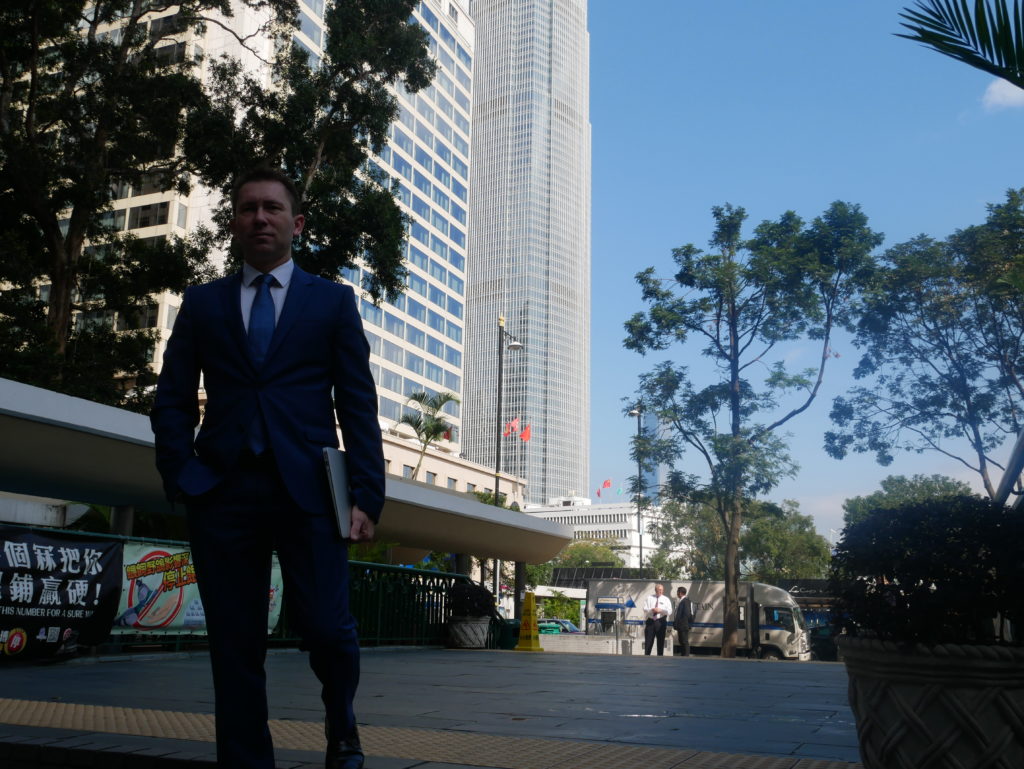
Une française, quittant précipitamment la Suède pour la France avec son enfant de père suédois, peut-elle saisir le juge aux affaires familiales pour « valider » et légitimer son installation en France ? Comment appliquer la Convention de La Haye du 25 octobre 1980 abordant le régime juridique de l’enlèvement international d’enfants ?
Article :
Il convient de s’intéresser à un arrêt rendu par la Cour de Cassation en septembre 2019 qui vient aborder la problématique de l’application de la Convention de LA HAYE du 25 octobre 1980 sur les aspects civils de l’enlèvement international d’enfants.
Dans cette affaire l’enfant E était né en Suède de l’union d’un père suédois qui en avait la garde et d’une mère française.
La mère ayant, le 17 janvier 2017, quitté la Suède pour la France avec l’enfant, le père a, le 5 février 2017, saisi les autorités suédoises à l’effet d’obtenir le retour de l’enfant en Suède en application de la Convention de LA HAYE du 25 octobre 1980 sur les aspects civils de l’enlèvement international d’enfants.
Par requête du 6 février 2017, Madame X a demandé au Juge aux Affaires Familiales de fixer les modalités d’exercice de l’autorité parentale à l’égard de l’enfant commun.
Pour autant, le Procureur de la République l’a assignée aux fins de voir ordonner le retour immédiat de l’enfant au domicile du père en Suède.
Par arrêt infirmatif du 27 février 2018, la Cour d’Appel a accueilli cette demande et statuant sur la requête déposée par Madame X devant le Juge aux Affaires Familiales.
La Cour d’Appel a considéré que le juge français était incompétent pour trancher cette problématique.
Cet arrêt est intéressant puisqu’il rappelle la portée et la force de la Convention de LA HAYE permettant à l’un des parents victime de l’enlèvement d’un enfant d’espérer un retour rapide de ce dernier.
Le Ministère Public des pays ayant ratifié cette convention est tenu de faire toutes diligences sans délai.
L’idée que la mère ait saisi le Juge aux Affaires Familiales est également une approche pertinente et efficace lui permettant de légitimer la présence de l’enfant sur le territoire français.
Malheureusement dans cette affaire la procédure a été viciée par le fait que la mère a créé des problématiques d’adresse trompant le Ministère Public ce qui a amené à une application sévère de la Convention de LA HAYE.
La Cour de Cassation rappelle que l’absence ou l’inexactitude de la mention relative au domicile du demandeur en cassation exigée par l’article 975 du Code de Procédure Civile constitue une irrégularité de forme susceptible d’entraîner la nullité de la déclaration de pourvoi s’il est justifié que cette irrégularité cause un grief au défendeur.
Cette décision offre un bel exemple d’application récente en France de la Convention de LA HAYE et elle offre une réflexion sur la validité de la saisine du Juge aux Affaires Familiales en France pour rapidement déterminer et caractériser le droit du parent résidant en France.
Article rédigé par Maître Laurent LATAPIE,
Avocat, Docteur en Droit,

